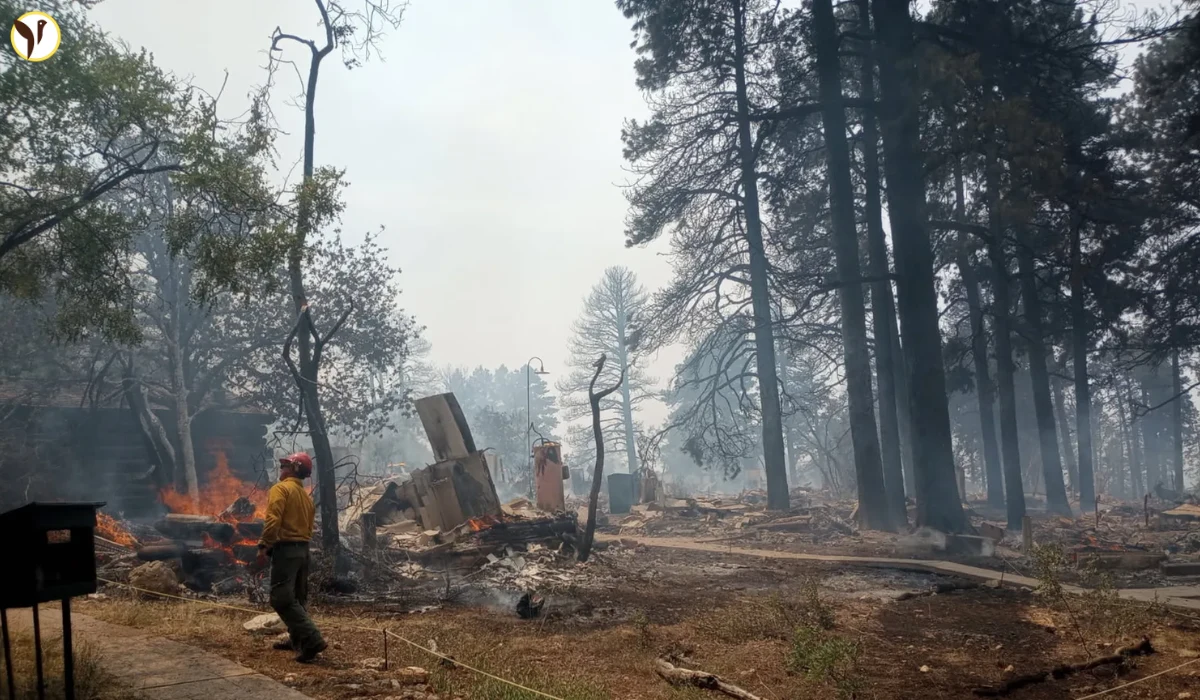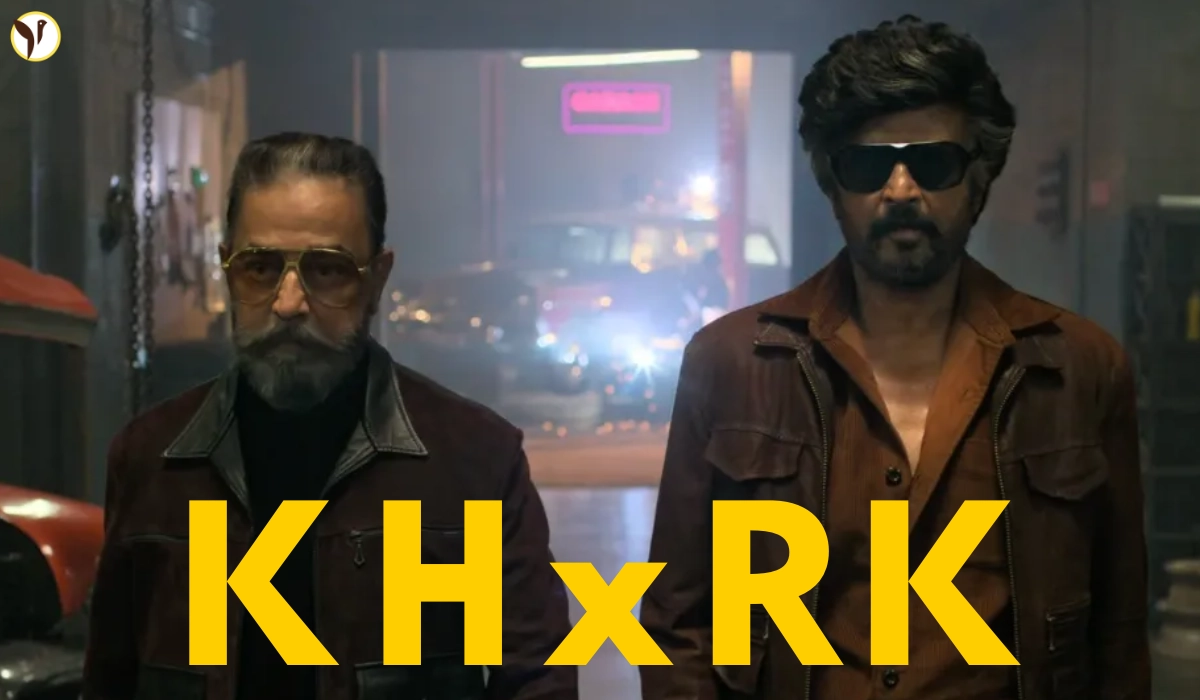The Grand Canyon Lodge, which is located on the North Rim, has been lost due to a fast-moving wildfire that ignited earlier this month. The Dragon Bravo Fire has consumed roughly 5,000 acres of land since ignited by lightning on July 4th.
Grand Canyon Lodge was built in the late 1920s and was a highly sought-after area for visitors to discover the lesser-trafficked North Rim. Grand Canyon Lodge was designated a national historic landmark which focused on the area’s scenic views and rustic-style architecture.
Park officials said about 50 to 80 buildings were lost to the fire, including staff housing, cabins, a gas station, and a water treatment plant.
Fortunately, there were no reports of injuries to any guests or staff who were impacted, and everyone was evacuated safely.
Currently, the fire is 0% contained, and firefighters are working to slow its progress. The loss of the Grand Canyon Lodge is a significant loss to Grand Canyon National Park and its countless visitors.
BREAKING: Historic Grand Canyon Lodge DESTROYED by Dragon Bravo Wildfire
— Andrew Hart (@realahart) July 14, 2025
North Rim closed for 2025 season after flames ravage 50+ structures
No injuries, but chlorine gas risk lingers. Hobbs calls for investigation
What’s one memory at the Grand Canyon you’ll never forget? 😢 pic.twitter.com/MRMkr8fICP
Park Closure and Federal Review Underway
Due to the damage and continued fire risk, the North Rim has been closed for the rest of the 2025 season. The fire's behavior became more unpredictable due to dry conditions, high winds, and difficult terrain.
Arizona Governor Katie Hobbs has requested a federal investigation into how the fire was managed. Officials say early efforts focused on containment, but changing fire conditions forced a shift in strategy.
One major challenge came when the fire damaged a water treatment plant, which released chlorine gas into the area. This created an additional risk for emergency crews and complicated evacuation and containment efforts.
At the same time, a second blaze known as the White Sage Fire has been burning nearby, stretching firefighting resources even further.
Wildfire experts say these kinds of intense fires are becoming more common in the western U.S. due to ongoing climate change. Warmer temperatures, drier weather, and stronger winds are all contributing to faster and more destructive wildfire seasons.
Fire crews continue their work to contain the blaze and protect other parts of the park. The long-term impact on Grand Canyon tourism and infrastructure is still being assessed.









